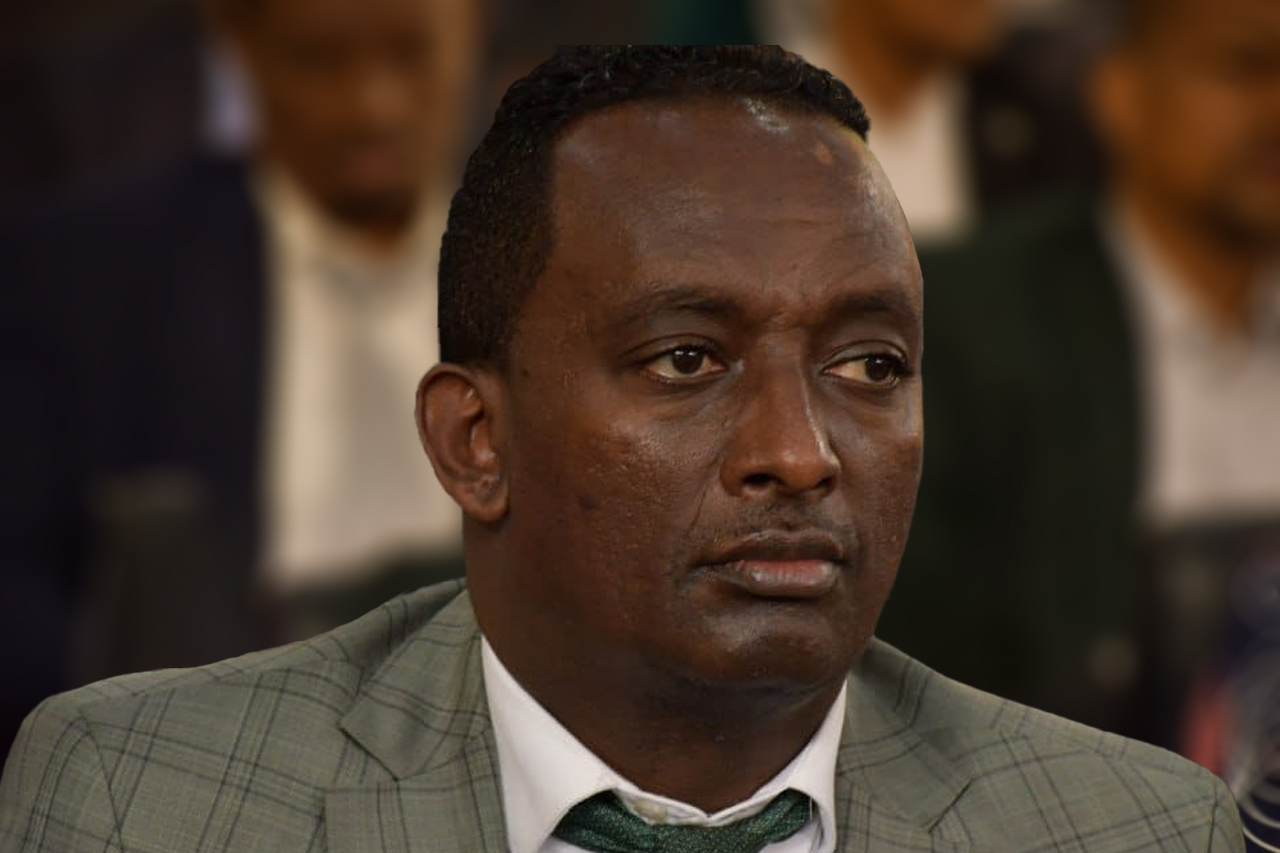
Radar | Sep 29,2024
Public projects stalling due to financing issues have been a challenge to the government for almost as long as Ethiopia honed in on infrastructure development as the key to economic growth. The usual culprit could be conditionalities imposed by creditors, which could be affected by inefficiencies in project management and procurements. Lately, the offender is war, diplomatic fallout and debt stress that led to reviews of the country’s current and capital accounts. Official loans and grants have grown sluggish.
There has been no shortage of shocks over the past year. External loans fell by more than half in the past fiscal year to 1.4 billion dollars, while grants dropped by 64pc in the last quarter. The International Monetary Fund (IMF) has also frozen a 2.9 billion dollar programme after disbursing a little over a 10th of it, while the Chinese have suspended funding for several major projects. Their officials wanted to review Ethiopia’s debt standing.
"[The year] 2021 was a very difficult year," Eyob Tekaleign (PhD), state minister for Finance, tweeted on Saturday, Christmas Eve. "It all came to pass as we said it would. Let us hope and work for a much better year. For partners that have failed us, let's reset and move forward."
Moving forward, the federal government remains ambitious in its budgeting. It expects 116 billion Br in loans and grants to fill the gap in its spending. a.k.a budget deficit. Experts believe that it would instead likely have to offer more domestic bonds than it plans or ask the central bank to dial up the printing presses at significant risks to inflationary pressure. Yet, the cost of living is galloping.
"Among the options available, issuing more treasury bills is the better one," said one expert. "Still, this does not address the forex that could be obtained from grants."
Grants and loans are only one source of foreign currency. There is tourism, which the government is betting its "Great Ethiopian Homecoming Challenge" will refresh; exports, mainly held above water by commodities inching close to 1.5 billion dollars in the second quarter, and remittance. Revenues from privatisation and liberalisation efforts are there. But these are highly sensitive to the country's general political and security environment, as the recent suspension of a second telecom license to private operators might have made apparent.
You can read the full story here
PUBLISHED ON
Dec 25,2021 [ VOL
22 , NO
1130]

Radar | Dec 26,2020

Viewpoints | Nov 02,2019

Radar | Oct 20,2024

Fortune News | Oct 30,2021

Agenda | Jul 13,2025

Dec 22 , 2024 . By TIZITA SHEWAFERAW
Charged with transforming colossal state-owned enterprises into modern and competitiv...

Aug 18 , 2024 . By AKSAH ITALO
Although predictable Yonas Zerihun's job in the ride-hailing service is not immune to...

Jul 28 , 2024 . By TIZITA SHEWAFERAW
Unhabitual, perhaps too many, Samuel Gebreyohannes, 38, used to occasionally enjoy a couple of beers at breakfast. However, he recently swit...

Jul 13 , 2024 . By AKSAH ITALO
Investors who rely on tractors, trucks, and field vehicles for commuting, transporting commodities, and f...

Oct 25 , 2025
The regulatory machinery is on overdrive. In only two years, no fewer than 35 new pro...

Oct 18 , 2025
The political establishment, notably the ruling party and its top brass, has become p...

Oct 11 , 2025
Ladislas Farago, a roving Associated Press (AP) correspondent, arrived in Ethiopia in...

Oct 4 , 2025
Eyob Tekalegn (PhD) had been in the Governor's chair for only weeks when, on Septembe...